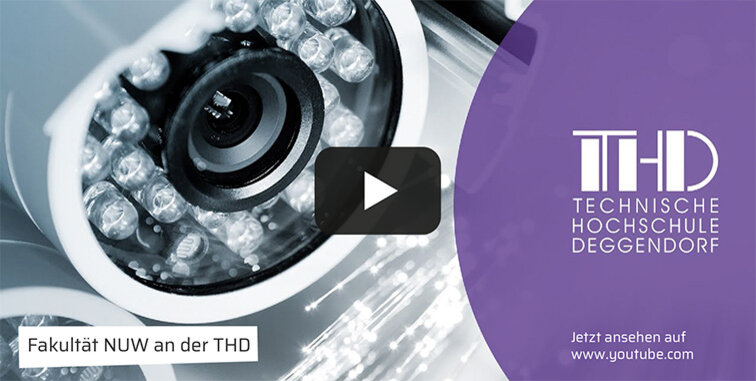Study at dit
pioneering & vibrant
#count%
of all DIT graduates
will find a job
within 2 months

shaping an agile future
#sustainability #transformation #industry-4.0 #process-orientedthinking #processanalysis #processdesign #processmanagement
#recycling #materialcycles #rebound-effect #resources-conservation #innovation #energytransition #green-energy #green-industry
#environmentalengineering #systemengineering #engineering #engineering-fundamentals #physics #naturalscienceprinciples
#megatrends #mobilitytransformation #mobilityconcept #digitilisation #automation
Embrace the notion that nature and technology can go hand in hand. Your idea of the future is to actively bring these two worlds together. And your goal is to contribute creatively and ambitiously to what is probably the greatest challenge of our time. Because you have understood how important it is to harmonise natural and industrial processes. So that no harmful interactions occur. So that we can preserve natural habitat, biodiversity, and resources while ensuring the prosperity of our society.
As an aspiring engineer, you want to learn the art of navigating complex and seemingly contradictory tasks with agility. In the Bachelor's degree course in "Sustainable Systems Engineering", where we equip you with the tools. You will be taught all scientific and engineering fundamentals in a process-orientated way. In this way, your well-founded process thinking grows as the basis for sustainable technological innovations fostering a holistic understanding rooted in scientific and engineering principles.
At DIT, our vast campus network comprising 17 technology transfer centers positions you at the forefront of innovation. Here, you'll engage in ongoing projects from the outset of your studies, gaining invaluable real-world experience and learning directly from cutting-edge research. Our partnerships with esteemed companies and institutions such as SIEMENS AG, Glas-Allianz-Bayern, and the Society for Process Management underscore the relevance and support behind our programme.
sustainable systems engineering Profile
Degree Programme: Bachelor of Engineering (B.Eng.)
Standard study period: 7 Semester
ECTS-Points: 210
Start of study programme: Winter semester
Campus: Deggendorf
Language of instruction: German
Application Period: 15.04. - 15.09.
Admission requirements:
- General German university entrance qualification, or please check your eligibilty at the DAAD if you own an international qualification
Pre-requisites: Interest in technical systems and their sustainable development
Continuing study programmes:
Fees:
- No tuition fees, only student union fee
- International students from non-EU/EEA countries are required to pay service fees for each semester. Click here to read about our service fees.
Contact:
- General information about studying at DIT: Study orientation
- Information for Freshers
career prospects
The generation of people with expertise who have often worked in a single company for their entire lives will be retiring in the next few years. So how can expertise be made transferable? The solution lies in a fundamental reevaluation and redesign of processes across all sectors, leveraging appropriate tools for seamless knowledge transfer. At the same time, this creates the basis for continuous improvement, integrated management systems and digital transformation. Your skills acquired from the "Engineering of Sustainable Systems" degree programme, extends beyond mere technical know-how, coupled with a high level of expertise in process management and its integration with practically all other staff functions, such as lean, energy, EHS, environmental, quality, product, R&D and innovation management, you will be ready to take over straight away. The world is open to you, make your mark on the world.
subject overview
Overview of lectures and courses, SWS (Semesterwochenstunden = weekly hours/semester) and ECTS (European Credit Transfer and Accumulation System) in the bachelor's programme "Sustainable Systems Engineering".
| 1. Semester | SWS | ECTS |
| Computer science | 4 | 5 |
| Mathematics and its tools 1 | 4 | 5 |
| English | 4 | 5 |
| Chemistry | 4 | 5 |
| Sustainable economic concepts and material cycles | 4 | 5 |
| Sustainable construction and lifecycle assessments | 4 | 5 |
| 2. Semester | SWS | ECTS |
| Projects on literature research and scientific work | 4 | 5 |
| Operating principles of electrical systems | 4 | 5 |
| Physics and Systems Theory 1 (with practical course) | 4 | 5 |
| Technical English | 4 | 5 |
| Materials science | 4 | 5 |
| Mathematics and its tools 2 | 4 | 5 |
| 3. Semester | SWS | ECTS |
| Solid-state mechanics | 4 | 5 |
| Computer algebra systems | 4 | 5 |
| Physics and Systems Theory 2 (with practical course) | 4 | 5 |
| Material cycles and recycling technologies | 4 | 5 |
| Business and quality processes | 4 | 5 |
| Statistics | 4 | 5 |
| 4. Semester | SWS | ECTS |
| Process design/process optimisation | 4 | 5 |
| Fluid mechanics | 4 | 5 |
| Measurement and control technology | 4 | 5 |
| Thermodynamics | 4 | 5 |
| Data science | 4 | 5 |
| Case study process analysis | 4 | 5 |
| 5. Semester | SWS | ECTS |
| Practical specialisation 1 (topics: sustainability, hurdles, mental issues, society) | 2 | 3 |
| Practical specialisation 2 | 2 | 3 |
| Internship semester | 24 | |
| 6. Semester | SWS | ECTS |
| Process and innovation management | 4 | 5 |
| Optimising processes and products | 4 | 5 |
| Modelling and simulation | 4 | 5 |
| FWP 1 | 4 | 5 |
| Process and production engineering | 4 | 5 |
| Case study on sustainable process and product innovations | 4 | 5 |
| 7. Semester | SWS | ECTS |
| Sensors / Geoinformation systems | 4 | 5 |
| Human-machine communication | 4 | 5 |
| FWP 2 | 4 | 5 |
| Bachelor module | ||
| Bachelor thesis | 12 | |
| Seminar | 3 | |
|
|




